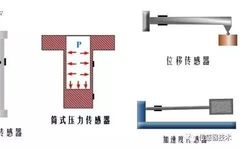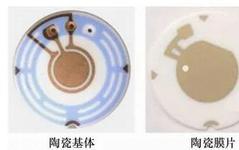37 Classic Animated Diagrams of Sensor Working Principles
☞ This is the 15659th article published by Metal Processing (mw1950pub) Editor’s Note What is a sensor? It is a detection device that can sense the information being measured and convert that information into electrical signals or other required forms of output according to certain rules, to meet the requirements for information transmission, processing, storage, … Read more




